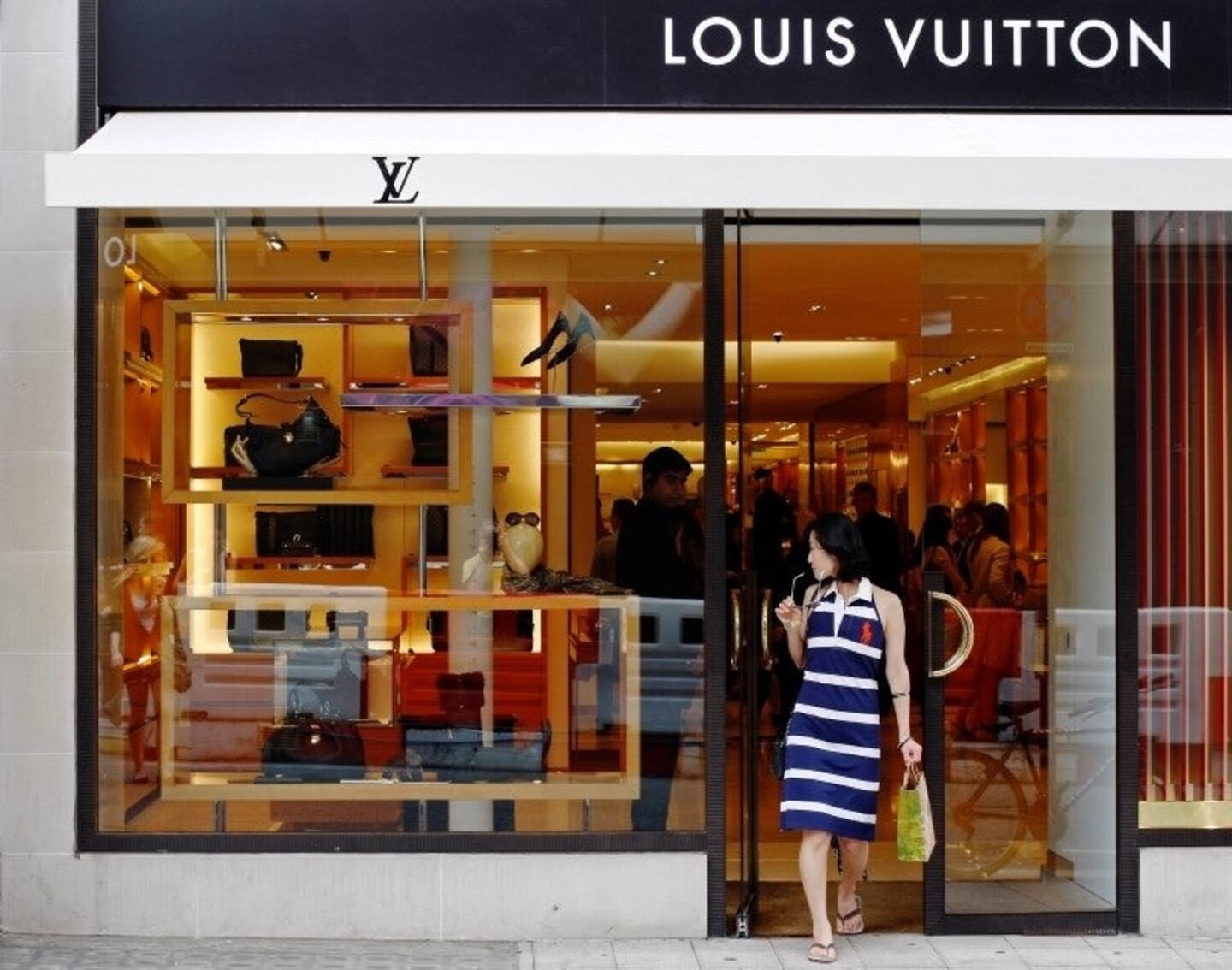
The Business of Fashion
Agenda-setting intelligence, analysis and advice for the global fashion community.

Agenda-setting intelligence, analysis and advice for the global fashion community.

BEIJING, China — French luxury goods firm Louis Vuitton is seeking damages from three people convicted of offering counterfeit versions of its clothing, shoes and handbags on Alibaba Group Holding Ltd's popular Taobao shopping website, a Beijing court said.
A district court in Beijing accepted the lawsuit filed by Louis Vuitton, owned by LVMH, the world's biggest luxury group, last Monday, according to a statement on the court's website.
The company is taking the three defendants, two of them surnamed Liang and the other surnamed Han, to court, "asking them to stop infringing on its trademark and is seeking compensation of economic losses of 250,000 yuan ($37,900)", according to the court statement.
Louis Vuitton could not be reached for comment. It was not possible to reach the three defendants for comment.
ADVERTISEMENT
The three defendants were selling the goods on Taobao, an online shopping site similar to eBay and Amazon that brings together buyers and sellers, according to the court. Alibaba Group did not immediately respond to a request for comment.
The lawsuit comes three months after a U.S. clothing industry group urged the United States Trade Representative (USTR) to blacklist the Taobao website for persistent intellectual property rights violations despite pledges by the e-commerce firm to curb the problem.
The three defendants were given unspecified criminal sentences in 2014 for selling counterfeit versions of Louis Vuitton goods, the court said.
By Sui-Lee Wee and John Ruwitch; editor: Keith Weir.
With consumers tightening their belts in China, the battle between global fast fashion brands and local high street giants has intensified.
Investors are bracing for a steep slowdown in luxury sales when luxury companies report their first quarter results, reflecting lacklustre Chinese demand.
The French beauty giant’s two latest deals are part of a wider M&A push by global players to capture a larger slice of the China market, targeting buzzy high-end brands that offer products with distinctive Chinese elements.
Post-Covid spend by US tourists in Europe has surged past 2019 levels. Chinese travellers, by contrast, have largely favoured domestic and regional destinations like Hong Kong, Singapore and Japan.